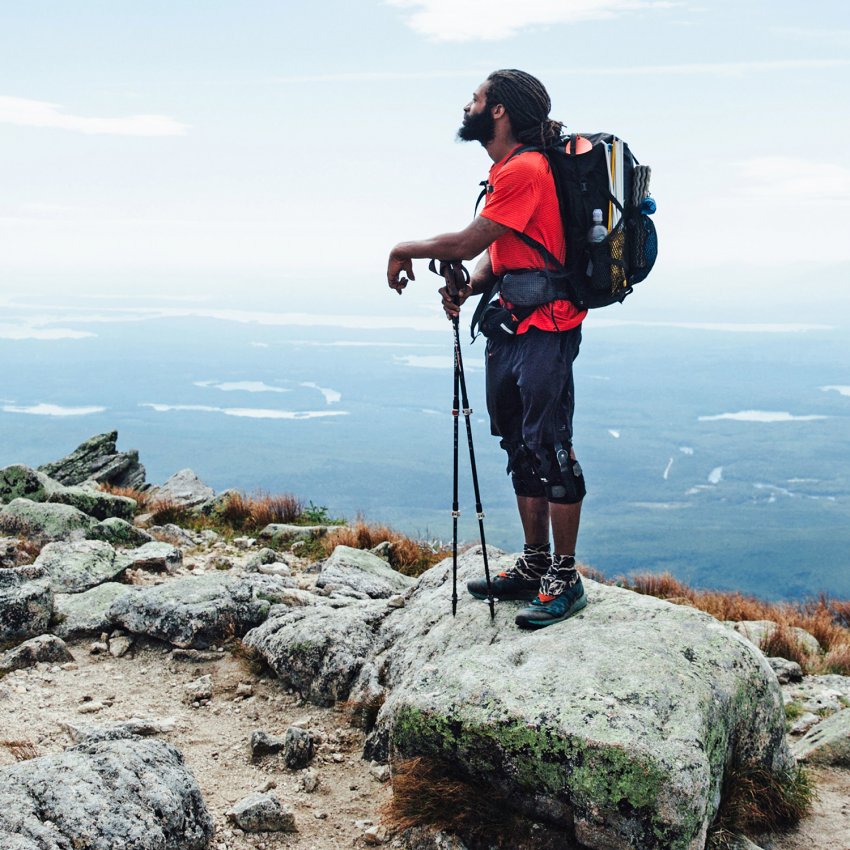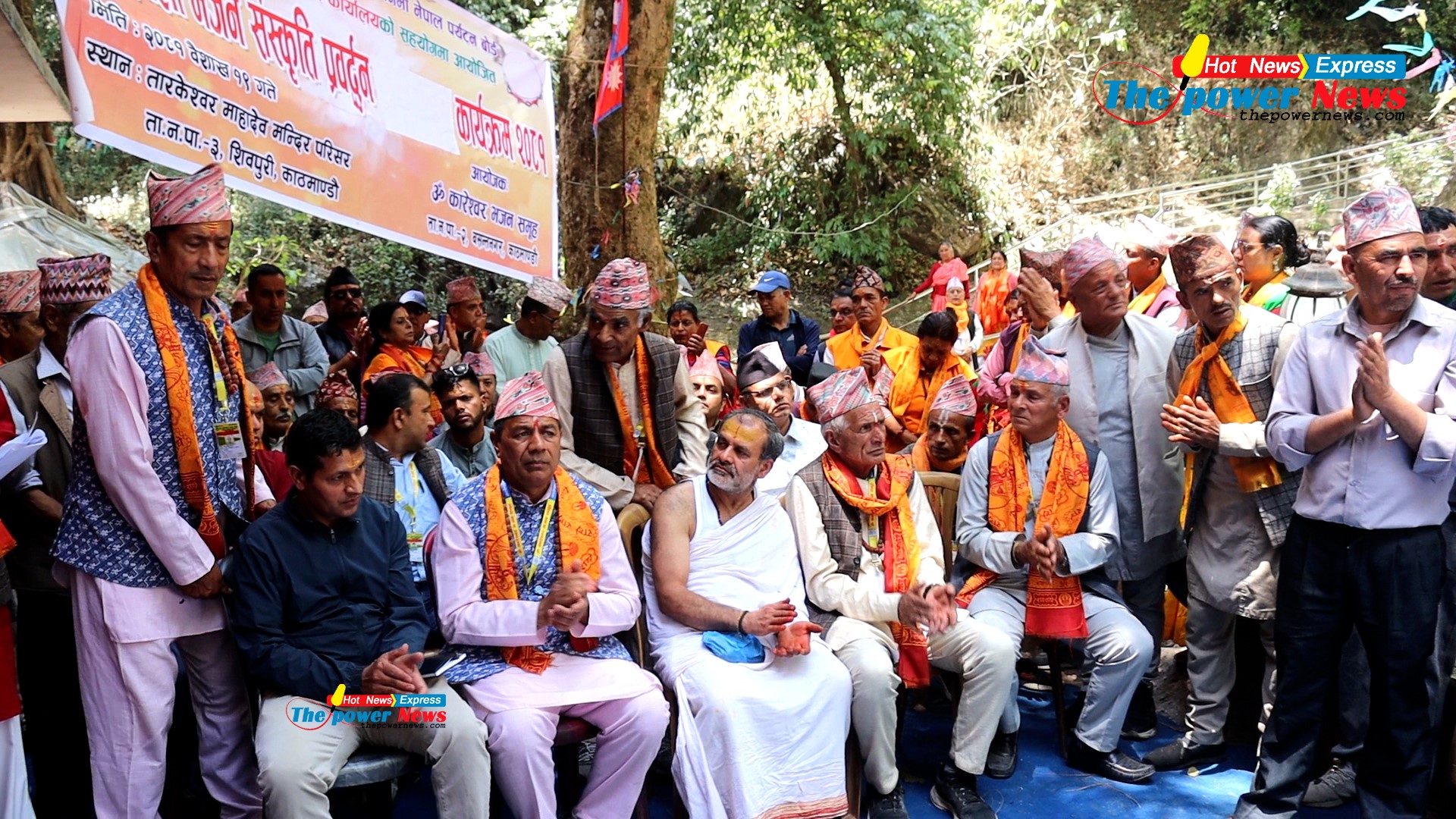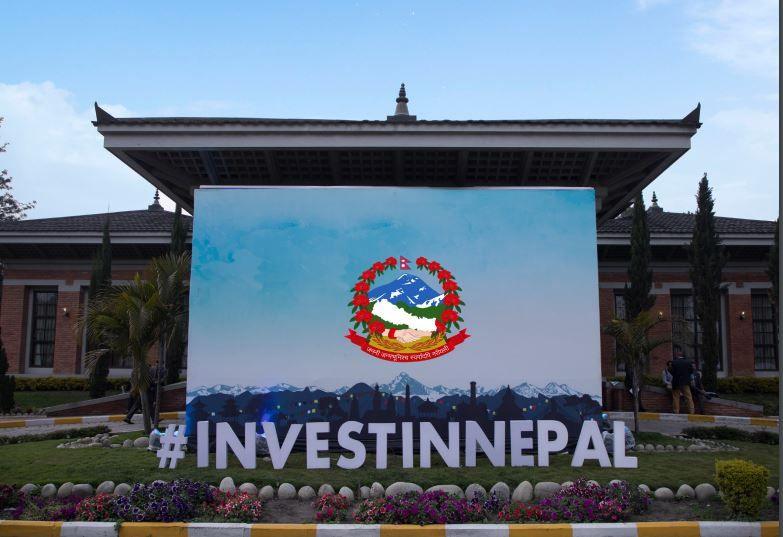The first time Will Robinson set out to hike the Pacific Crest Trail, all his friends and family were apprehensive. How are you going to deal with the cold? they asked. Where are you going to find the next grocery store for food? What’s going to be your approach for getting over the Sierra? The Iraq War veteran’s standard response: “I’m not worried about it. I’ll figure it out when I get there. Other than making sure I’m heading in the right direction and that I have enough water, it will work itself out.”
Out on the trail, his laissez-faire attitude persisted. “I met this woman,” recalls Robinson, “and she said, ‘I’m going to start calling you No Worries,’ like Hakuna Matata from The Lion King. I dropped the H and became Akuna.” The simpler rhythm of trail life was exactly what he needed. In his normal life, Robinson, 37, recalls, he had become anxious and depressed—two lingering symptoms that came with the physical and emotional injuries he suffered in Iraq. The physical injuries left him with a right wrist that’s essentially fused into what he calls an “extended forearm,” and the post-traumatic stress disorder he came home with saw Robinson bedridden after his soldiering days were over.
It was around this time that Robinson, a Merrell ambassador, saw the film Wild, with Reese Witherspoon. He thought the story was fine, but it was the scenery that really moved him. It reminded him of a friend’s guidebook to the Pacific Crest Trail that he’d been captivated by in Iraq. And more than anything, it reminded him of his former self—the guy who had once hoped to hike that very trail one day. “I went online, researched the trail, and ordered up the necessary gear,” he says. It was exactly the type of extreme goal he needed to pull himself back from despair. Three weeks later, he was at the southern terminus of the PCT. On that first attempt, he made it 1,600 miles before dislocating a kneecap so severely that he couldn’t go on. But the fact that he’d made it 60 percent of the way north was a huge boost to his shattered confidence. The following year, 2017, he returned and knocked off all 2,650 miles.

Thru-hiking is a funny thing. Robinson set off thinking he’d have a solo adventure. Instead, he forged intense bonds with his fellow hikers. Doing so came easily to him in the natural world, where the only distractions were the sounds of the birds and wind and streams. The fatigue of thru-hiking is also shorter-lived than he’d imagined. As he approached the end of the PCT, he felt ready to be done, but as soon as he was back home in southern Louisiana, he missed the movement, the daily goals, and something more unexpected: the camaraderie. “I mostly missed the people,” he says. “And that feeling was almost instantaneous. Some of the most friendly and creative people I’ve ever met I’ve met while thru-hiking. We share a mindset. And we go through a lot together. It reminded me of being on sports teams as a kid or being a soldier.”
Not surprisingly, given that it starts just a day’s drive from his home, the Appalachian Trail called to Robinson next. His memories of his days on the PCT had proven more effective than any therapy in relieving anxiety and depression. Able to focus on the accomplishments and the people he’d met, he was applying what he’d learned on the trail to his everyday life, feeling more confident and at ease in the world. And he wanted more. But now, on the AT, he wasn’t a newbie—he had expertise. Other hikers sought out his advice and companionship. “The PCT taught me how to make friends again,” says Robinson. “The AT”—which he finished this past summer—“showed me that I was a strong leader. That was something I was once. I was an athlete growing up. I was a soldier. I had the ability to make sure the people around me were safe and on the right path. I’d let that part of my life fade, but the AT brought it back.” Source : www.outsideonline.com





